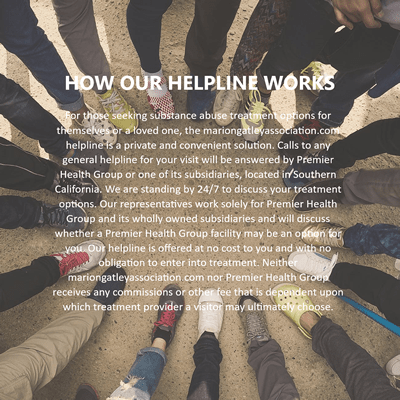It isn’t easy to cope with a loved one who is struggling with an addiction, but if you love the person, then you must continue to provide your support in a healthy way. There are several things that you should not do when a loved one is struggling with an addiction.
1: Don’t Provide Any Addictive Substances
If you have a relative or friend who is addicted to alcohol or drugs, then do not help them get the substances from a dealer or a store. An addict might beg you to buy wine, beer or heroin because they are experiencing painful withdrawal symptoms, but you should encourage them to seek professional treatment in an outpatient or residential program instead.
2: Don’t Give an Addict Money
When an addicted friend or relative is struggling financially, do not give them any cash or offer the use of credit cards. You can offer an addict a nutritious meal, a place to stay or moral support as they try to overcome an addiction from methamphetamine or cocaine, but if you give them money, then they will spend it on addictive substances.
3: Don’t Get Involved In Alcohol Consumption or Illegal Drug Use
Never get involved in the same types of behavior that a loved one is engaging in because you will also become an addict. If a friend or relative is encouraging you to use alcohol or drugs, then you must develop firm boundaries to stay away from addictive substances.
4: Don’t Expect an Addict to Stop Using
Telling an addict to stop using drugs or drinking alcohol is not enough because addiction is a condition that is difficult to overcome. Instead, you can provide information about rehabilitation programs that accept clients who have certain types of addictions. You can offer to take your friend or relative to the facility so that they can begin treatment, and you can participate in therapy with an addict.
5: Don’t Permit Abusive Behavior from an Addict
While you might love an individual who is an alcoholic or drug addict, you should never associate with a loved one who is abusive. If your friend or relative has angry outbursts, steals from you or is physically violent, then you must avoid the person to protect yourself.
6: Don’t Expect Immediate Results from Rehabilitation
If your loved one finally enters a rehabilitation program, then don’t expect immediate results. Overcoming an addiction is difficult, and your friend or relative might leave a facility or make a bad decision that gets them kicked out of a program.
7: Don’t Think That Rehabilitation Solves All of an Addict’s Issues
Long-term residential treatment can help an addict overcome their addiction, but it won’t necessarily resolve all of their mental health issues. An addict might have co-occurring problems such as depression or anxiety that also require treatment.
8: Don’t Assume that an Addict Will Never Relapse
A relapse after rehabilitative treatment is common, and in many cases, a relapse is dangerous because addicts will overdose or try to hide the new addiction from others. After an addict leaves a treatment program, you must make sure that your loved one continues to go to 12-step meetings.
9: Don’t Expect an Addict to Be Grateful
You probably think that after standing by an addict throughout their treatment that you will continue to have a relationship, but many addicts avoid communicating with the friends or relatives that helped them. Rehabilitated addicts often avoid their relatives and friends because they are embarrassed about their past behavior.



